These days, it’s all too common for people to complain about the British, acting as if we have nothing to be proud of. That couldn’t be more false; in addition to our incredible history, culture, cuisine, and much more, we have always had a thriving music scene that has enjoyed worldwide success. So, to encourage you to be more proud of British music, here is a list of 17 bands that prove Britain’s musical heritage just can’t be beaten.
The Beatles
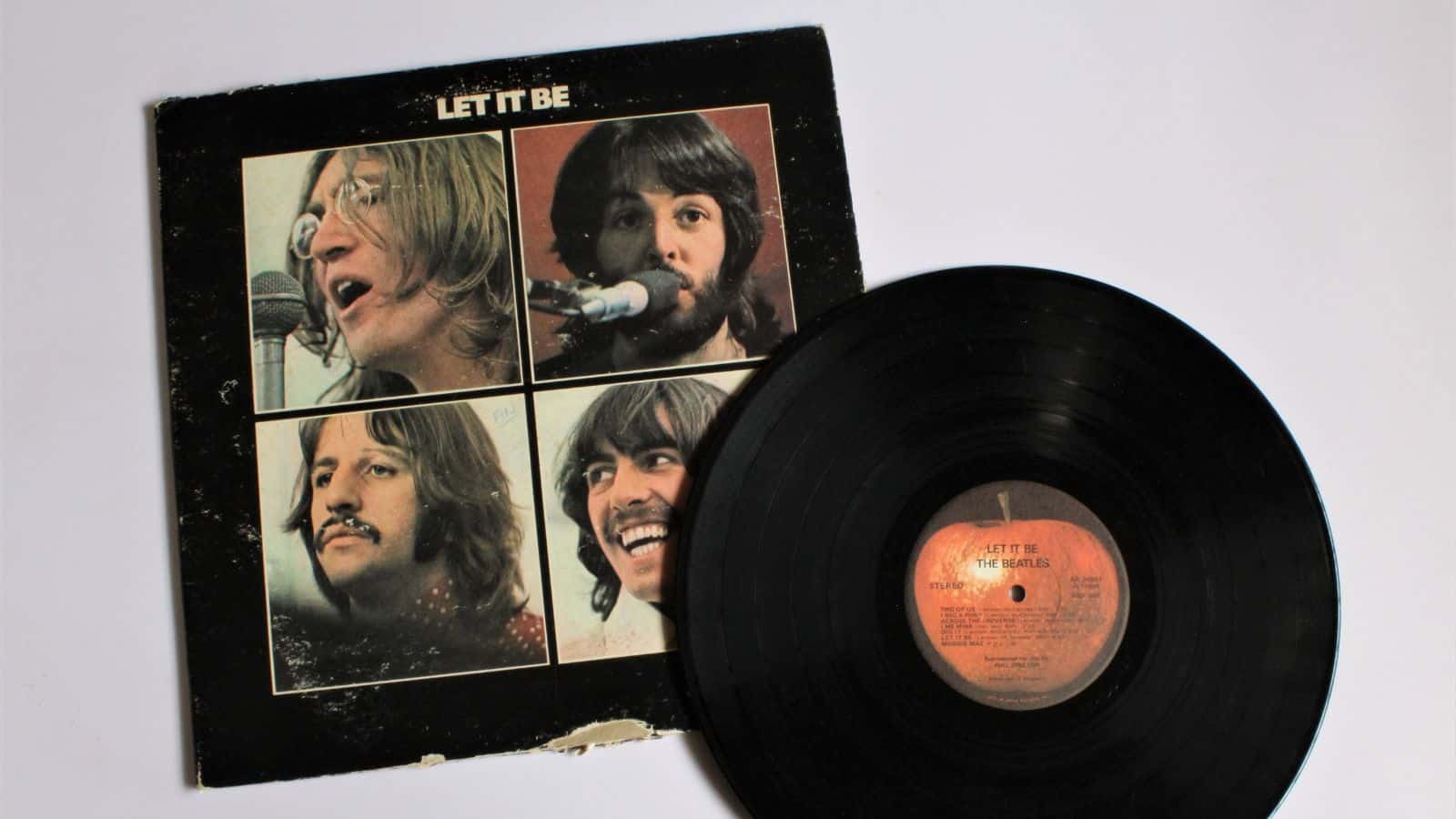
Can a British band ever become more iconic than The Beatles? Nope–this Liverpool-based band transformed popular music in the 1960s, becoming global icons in the process. Known for their innovative songwriting and harmonious vocals, they pushed the boundaries of rock and pop. Impressively, as National Museums Liverpool documents, their influence extends far beyond music, impacting fashion, culture, and the way bands approach the industry.
The Rolling Stones
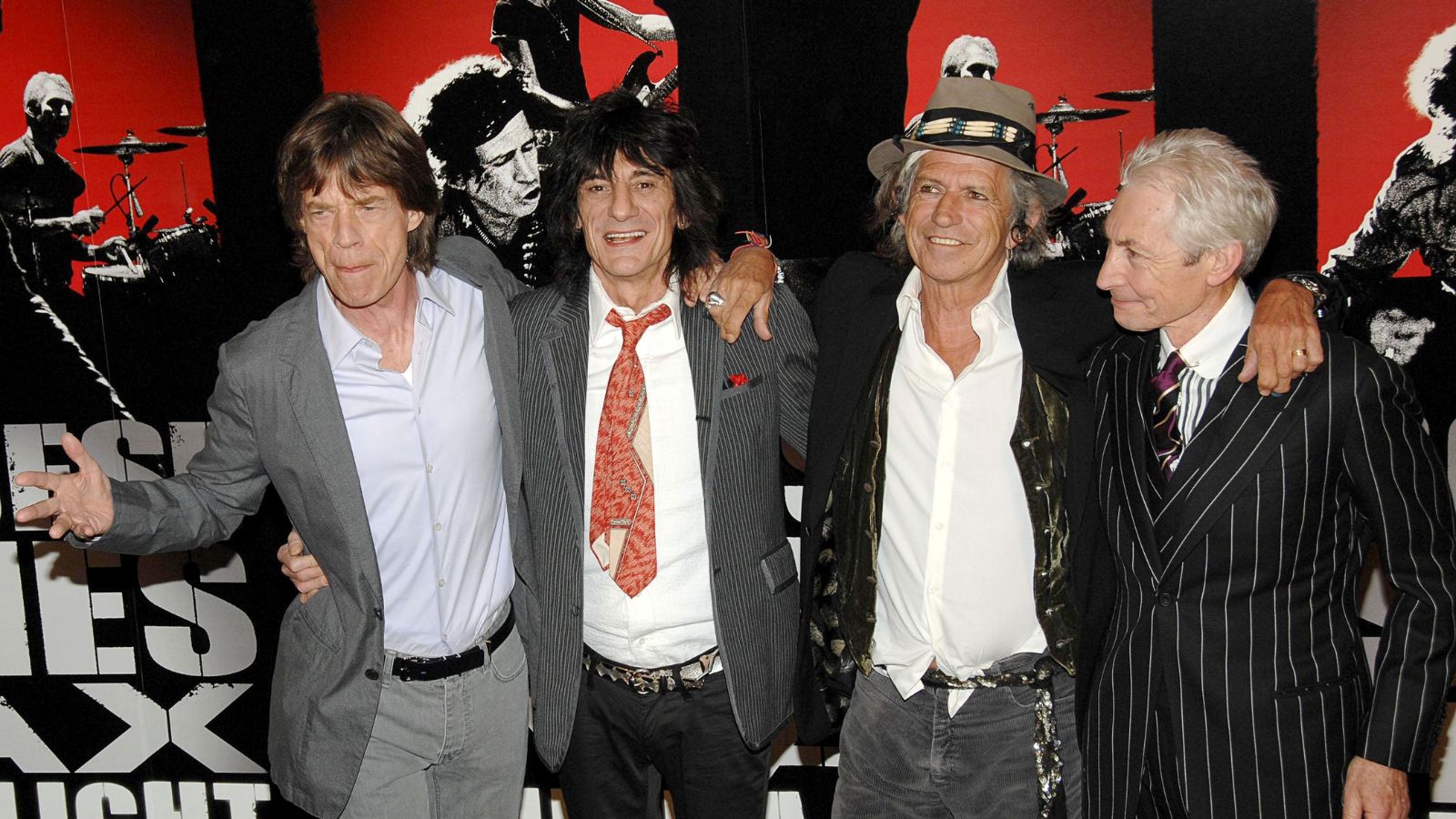
Around a similar time to The Beatles, The Rolling Stones appeared and crafted their legendary musical status for decades to come, thanks to their enduring appeal and energetic performances. They helped shape rock and roll with their blues-inspired sound and rebellious image, especially with their global hits such as “Satisfaction” and “Paint It Black.”
Led Zeppelin
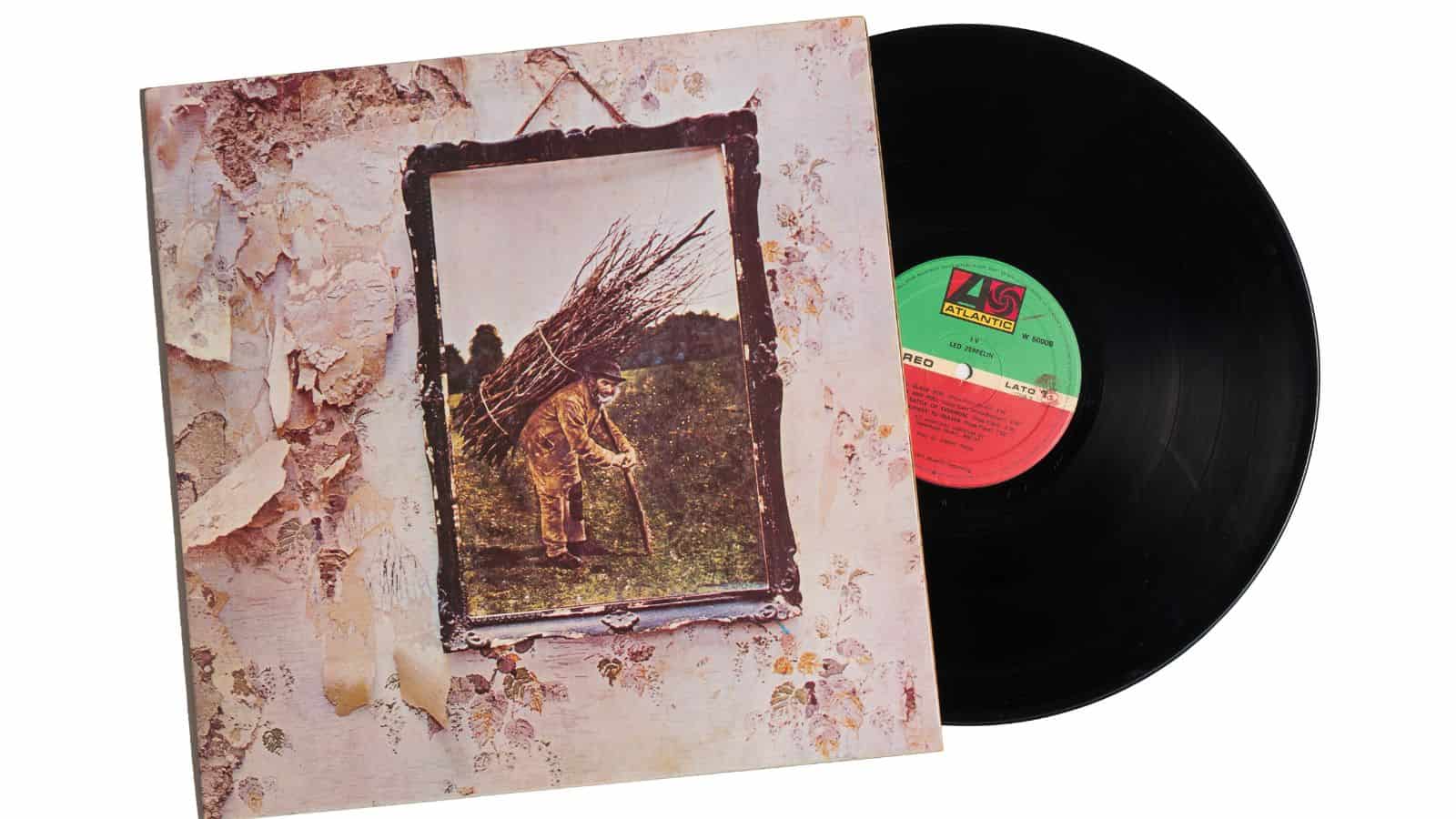
Just when the ‘60s were coming to an end, Led Zeppelin came along with their fusion of hard rock, blues, and folk, setting them apart as one of the most innovative bands of the decade. Their powerful guitar riffs and charismatic stage presence, particularly from guitarist Jimmy Page and vocalist Robert Plant, have cemented their place in music history. They weren’t all heavy, though–just listen to “Stairway to Heaven,” and you’ll see what we mean.
Queen

There are many British bands on this list that enjoyed global success, but few did so more impressively than Queen. Their theatrical approach to rock music, combined with Freddie Mercury’s unmatched vocal range, made them a unique force in the music world. To this day, they are known for anthems like “Bohemian Rhapsody” and “We Will Rock You,” although their vast discography has so much more to offer than these anthems.
The Who
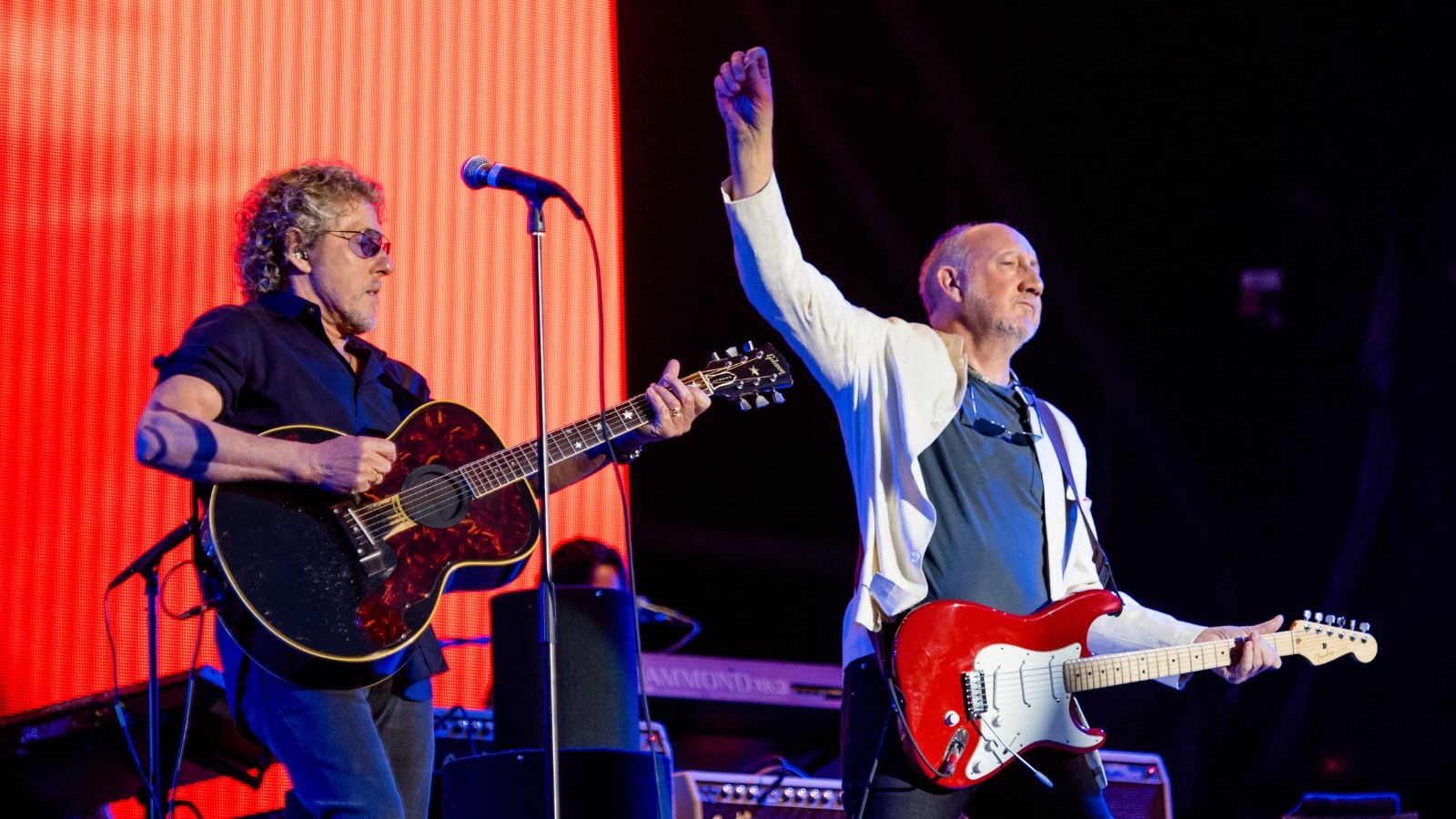
The Who captured the angst and energy of the 1960s and 1970s perfectly, defining a generation with their explosive performances. Known for smashing guitars on stage, they pioneered rock opera with albums like “Tommy.” Even today, their influence can still be seen in punk, rock, and even modern pop music.
Pink Floyd
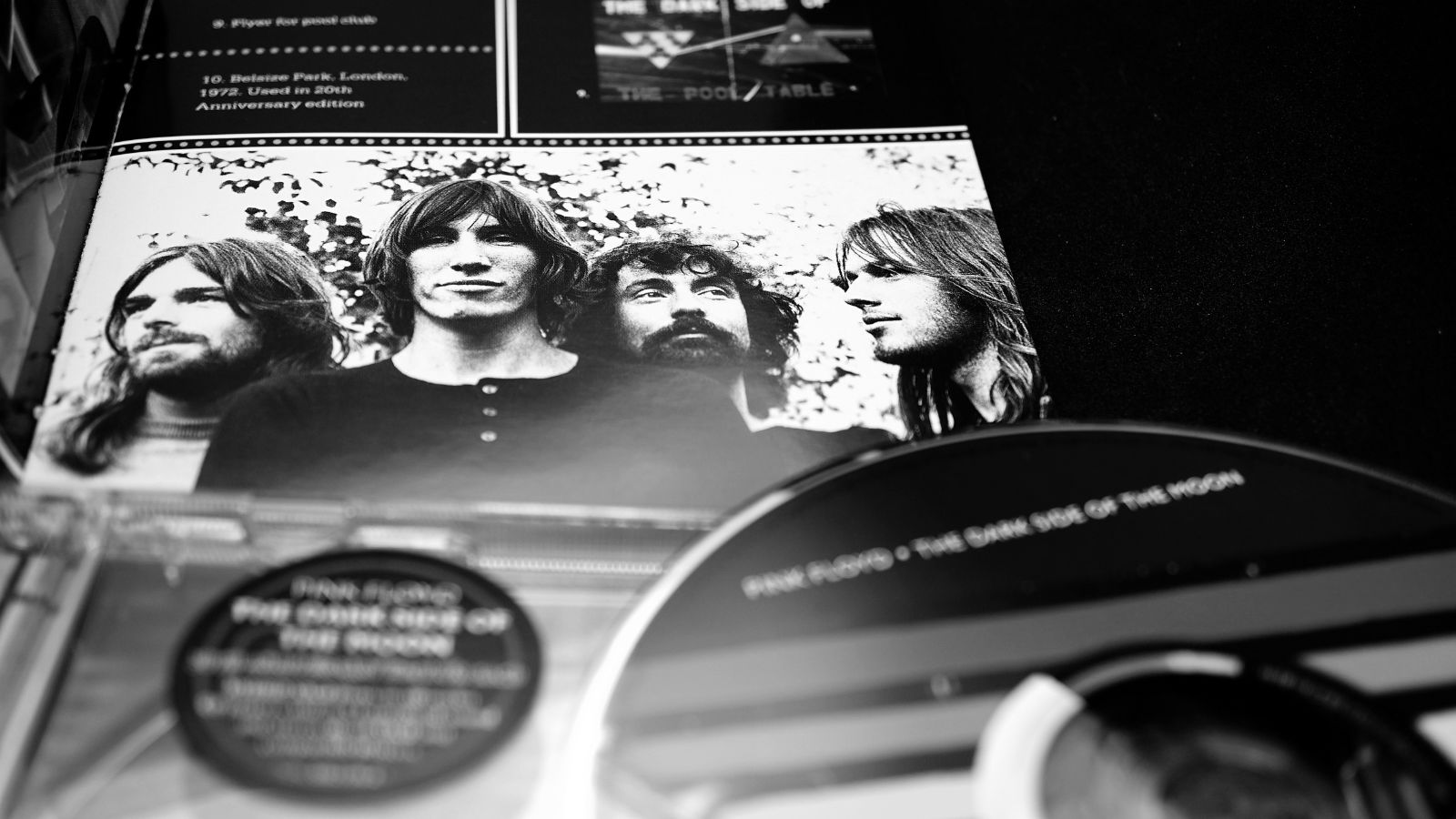
The progressive rock sound of Pink Floyd is truly iconic, characterized by complex compositions, concept albums, and thought-provoking lyrics that set them apart as pioneers of the genre. Their concept albums, such as “The Dark Side of the Moon” and “The Wall,” explore themes of alienation and society, concepts that you no doubt explored in the ‘70s next to a lava lamp and a brain full of psychedelic vibes.
The Clash
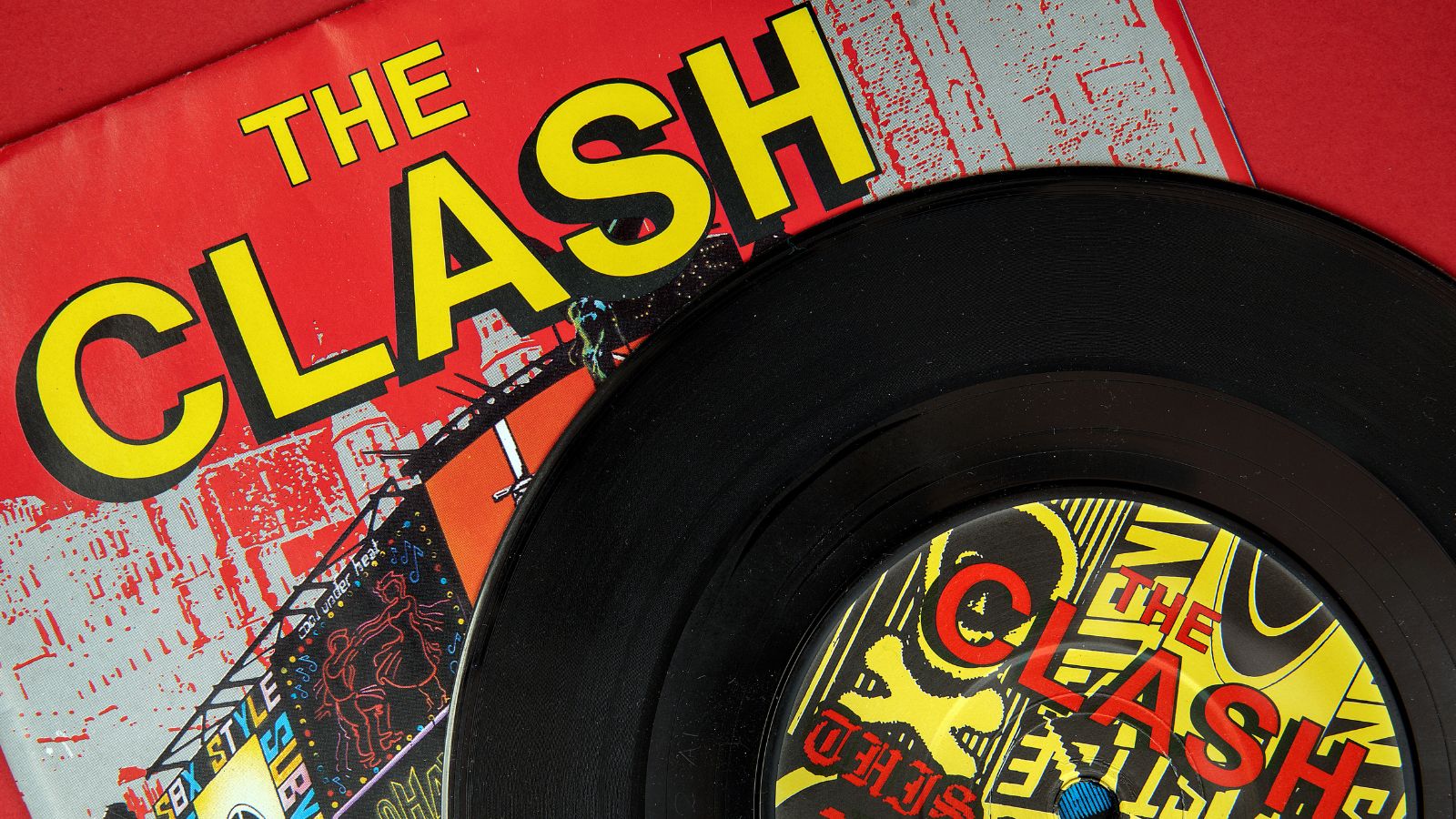
Moving onto the ‘70s, The Clash is another British band that stood the test of time, merging punk rock with reggae, ska, and rockabilly to create a sound that was both politically charged and musically diverse. Considering that they were punk pioneers, they were particularly well known for their activist stance and songs like “London Calling,” becoming a voice for a generation. Who knows what music would be like today without them?
The Smiths
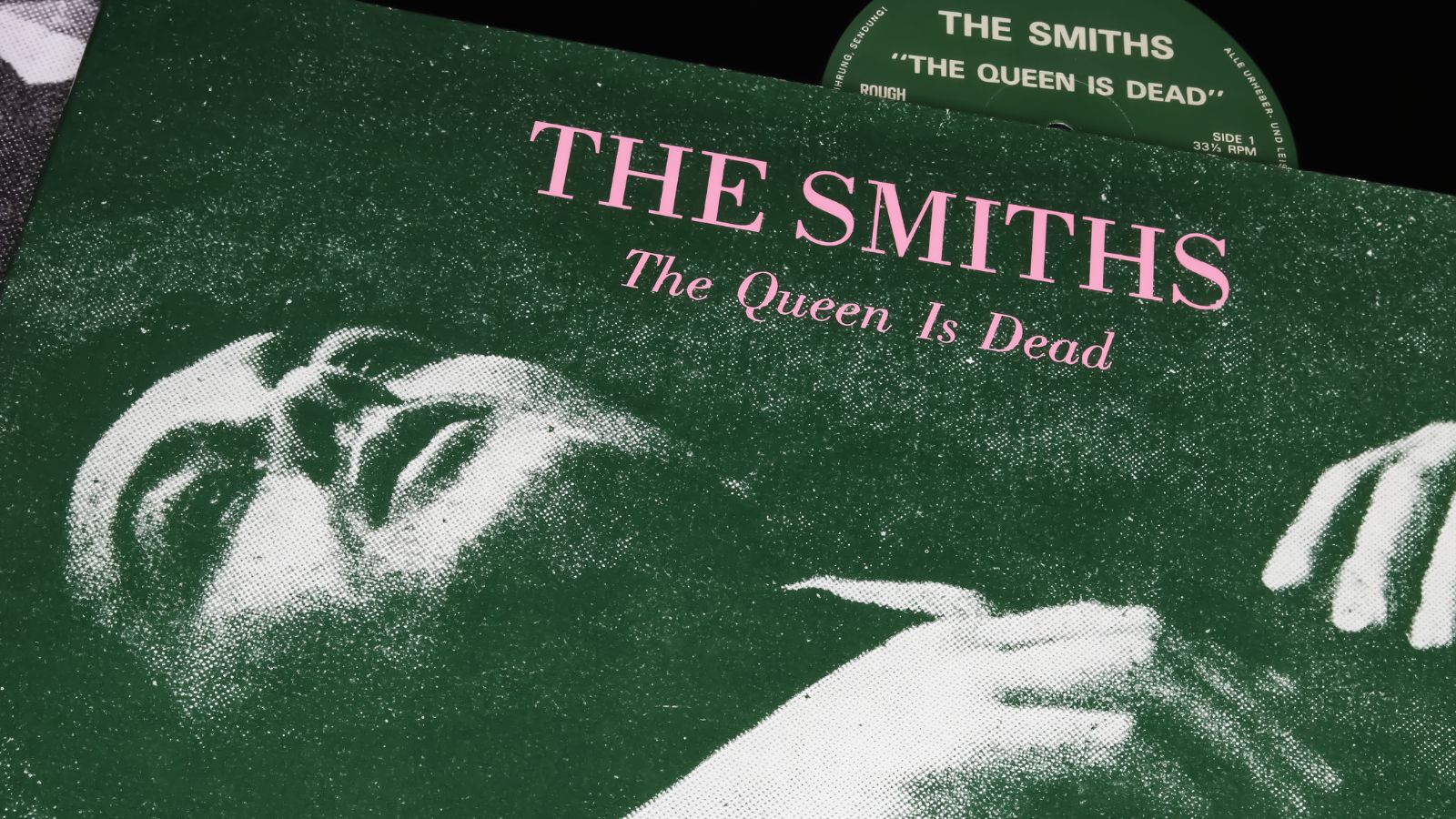
A decade after The Clash, The Smiths came along to define indie rock and post-punk with their jangly guitars and Morrissey’s distinct vocals. Their melancholic yet catchy tunes captured the disillusionment of youth, making them cult favorites. Even now, tracks like “There Is a Light That Never Goes Out” and “This Charming Man” are still floor-fillers in modern indie clubs.
Oasis

Moving forward to the ‘90s, one of Great Britain’s most iconic musical eras was beginning–Britpop. Out of all the Britpop bands, Oasis brought the genre to the forefront most dynamically with their anthemic songs and larger-than-life personas. Led by the Gallagher brothers, their hits like “Wonderwall” and “Don’t Look Back in Anger” became defining tracks of the era. They rapidly gained worldwide success just a year after their first album, which was truly unheard of.
Radiohead

When Radiohead first started making music in the early ‘90s with “Pablo Honey,” they were stand-outs in the Britpop crowd. However, as the years passed, they took on a more experimental approach to rock, earning them immense critical acclaim and a dedicated fan base. Known for albums like “OK Computer” and “Kid A,” they continue to push musical boundaries, although they’ve undeniably become “The Thom Yorke Band” lately.
The Sex Pistols
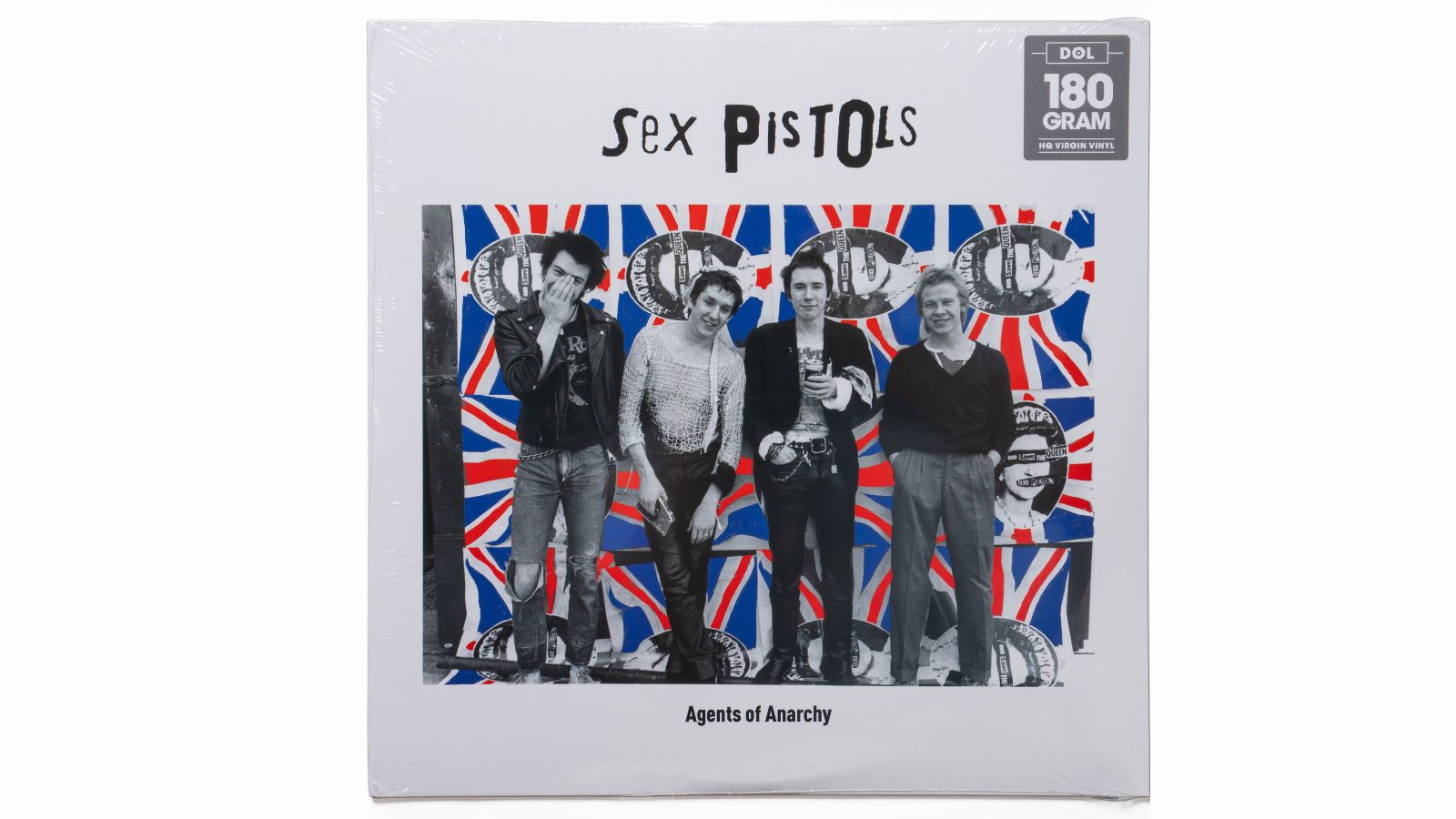
Moving back to the ‘70s, The Sex Pistols ignited the punk movement in the UK alongside The Clash, challenging societal norms with their raw sound and provocative lyrics. Songs like “God Save the Queen” became anthems of rebellion, making them a symbol of defiance. The media might have hated them, but we certainly didn’t.
The Kinks
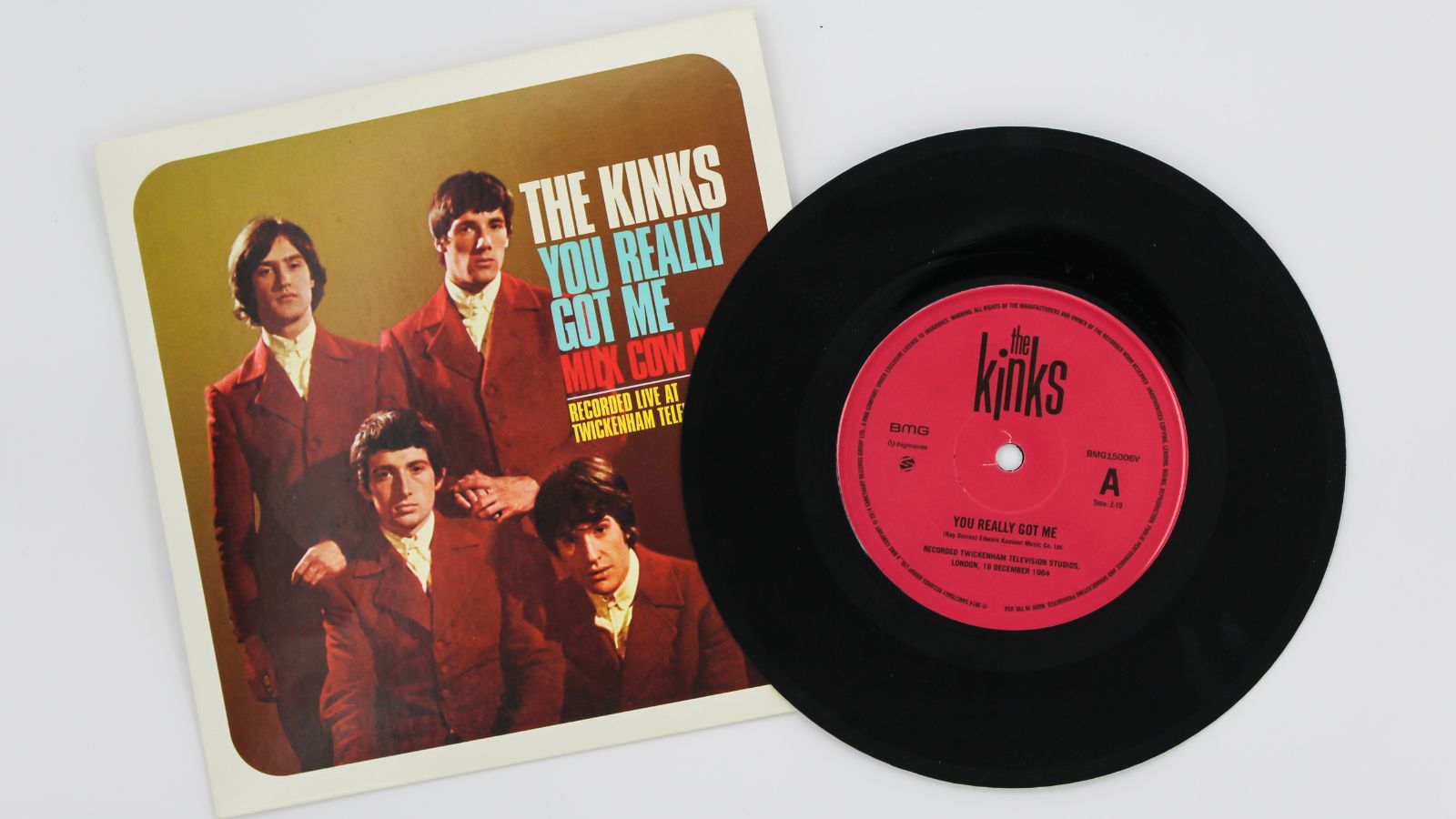
Alongside The Who and The Rolling Stones, The Kinks stood out in the British ‘60s with their distinct blend of rock and English folk influences. Most famous for tracks like “You Really Got Me” and “Waterloo Sunset,” they captured the quirks of British life through their lyrics beautifully.
Black Sabbath
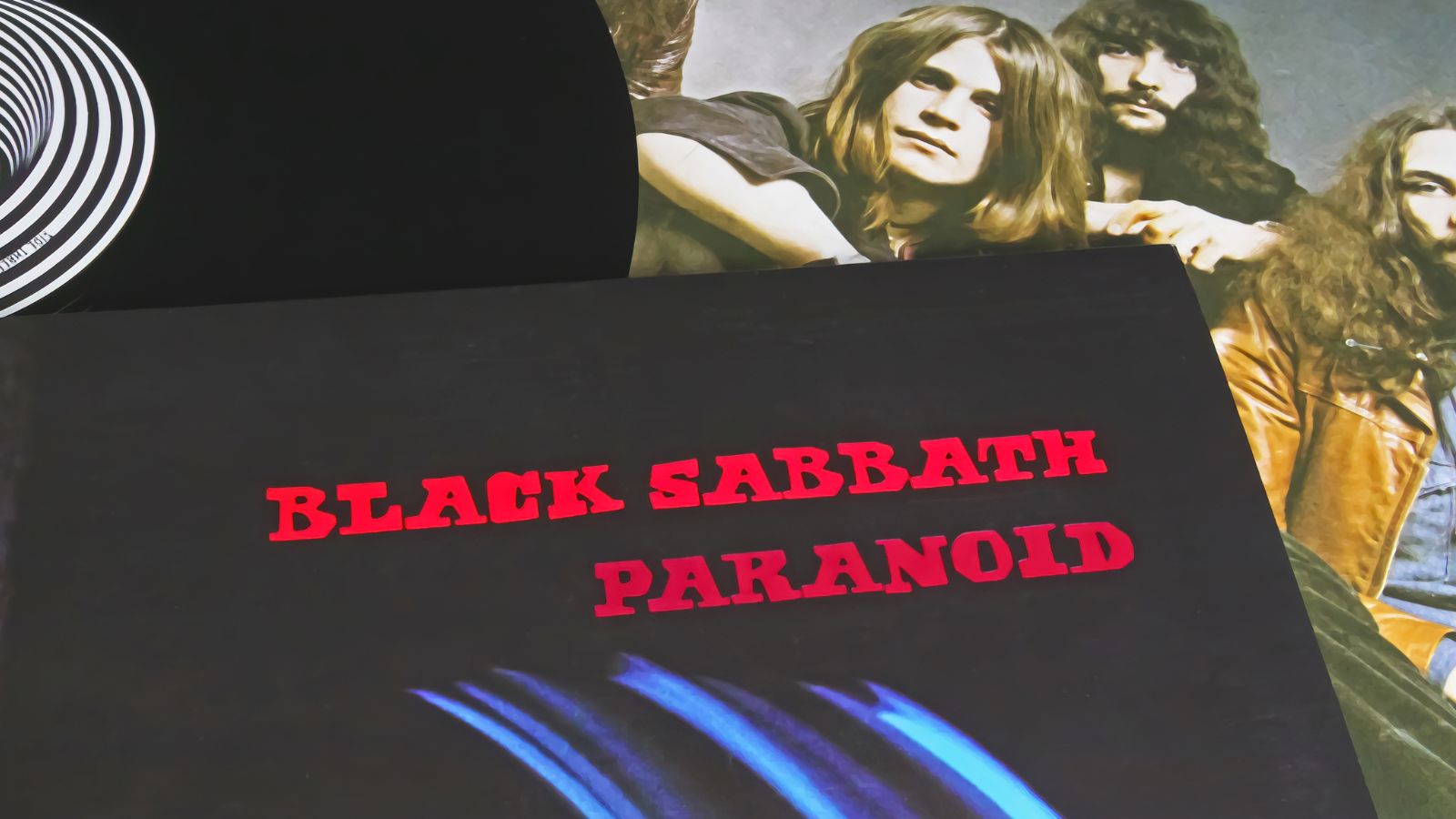
Black Sabbath is widely regarded as the pioneers of heavy metal, with their dark riffs and themes of doom and occult. Fronted by Birmingham icon Ozzy Osbourne, they laid the groundwork for countless metal bands to follow. Tracks like “Paranoid” and “Iron Man” continue to inspire heavy music genres worldwide.
The Cure
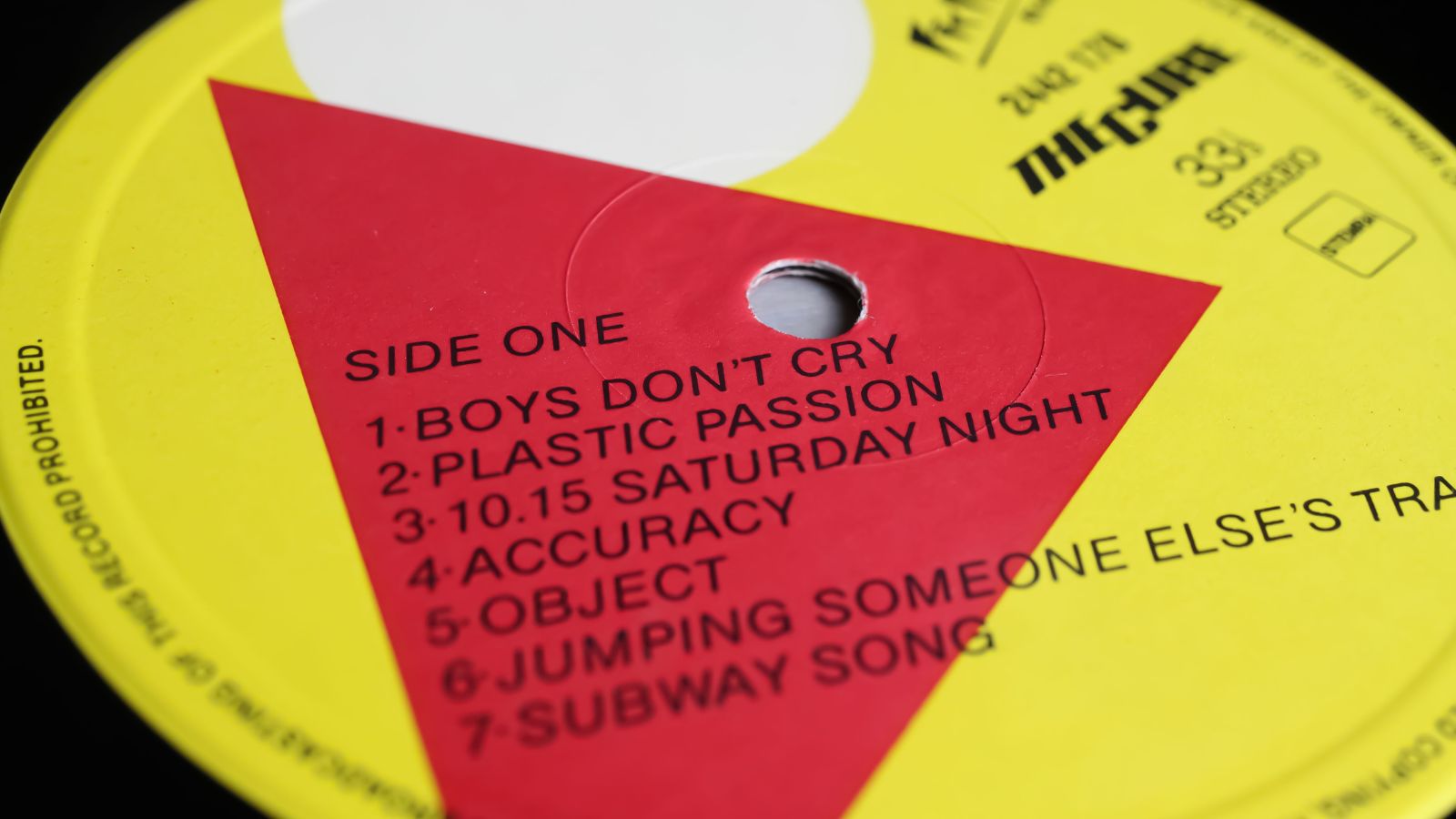
If you weren’t into The Smiths, you were probably more of a fan of The Cure’s moody, atmospheric sound. These key figures in the post-punk and goth rock movements had a famous beef with The Smiths, so most people only liked one or the other. Regardless of who you preferred, The Cure’s ability to blend dark themes with pop sensibilities in songs like “Lovesong” and “Just Like Heaven” showcased their tremendous versatility.
The Police
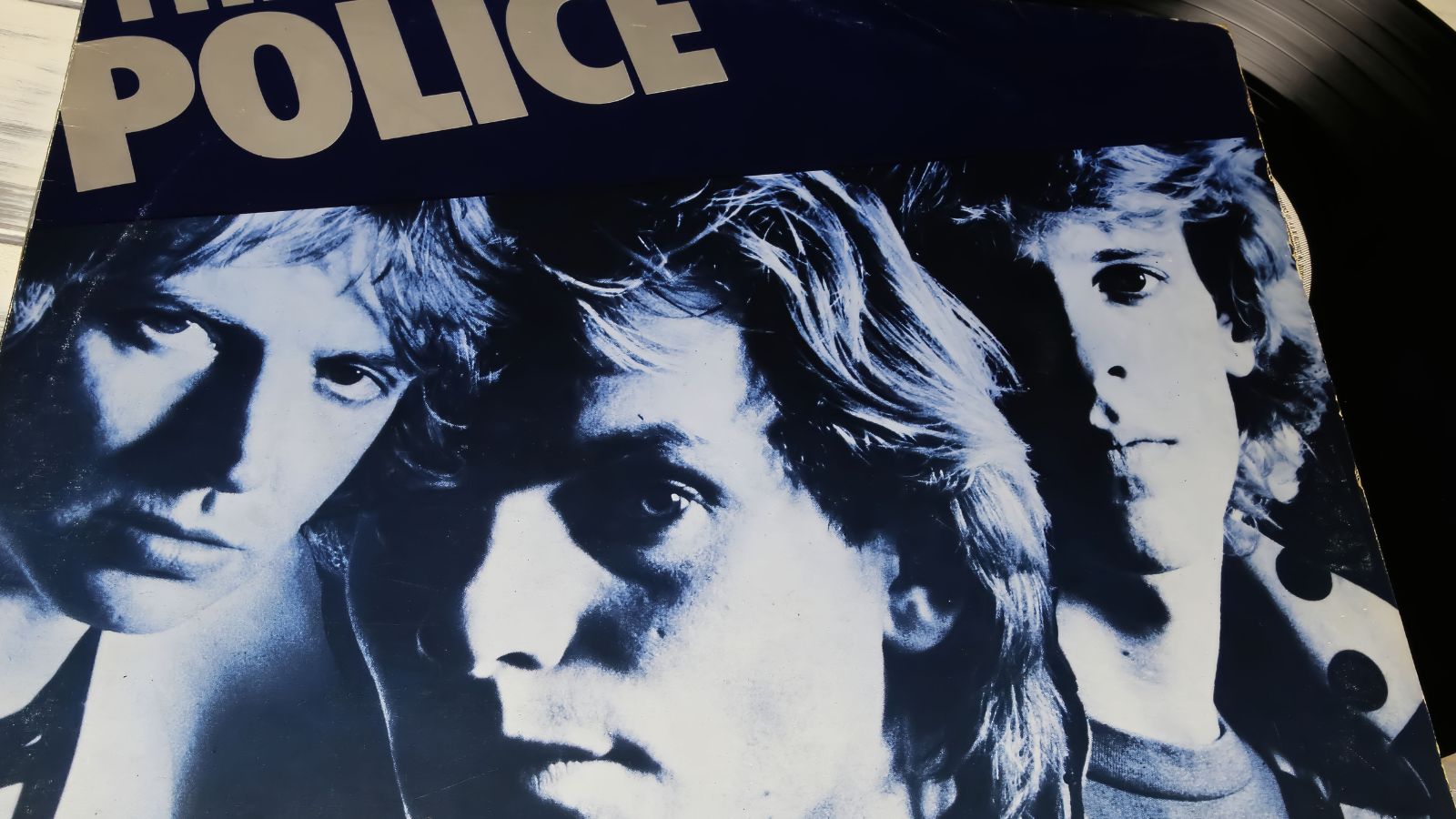
The Police’s fusion of rock, reggae, and jazz set them apart during the late 1970s and early 1980s. Fronted by Sting, they delivered hit after hit, including “Every Breath You Take” and “Roxanne.” Their innovative sound and international success made them one of the era’s defining bands, and their versatility ensured everyone from the hardened punk to the average listener had something to enjoy.
The Stone Roses
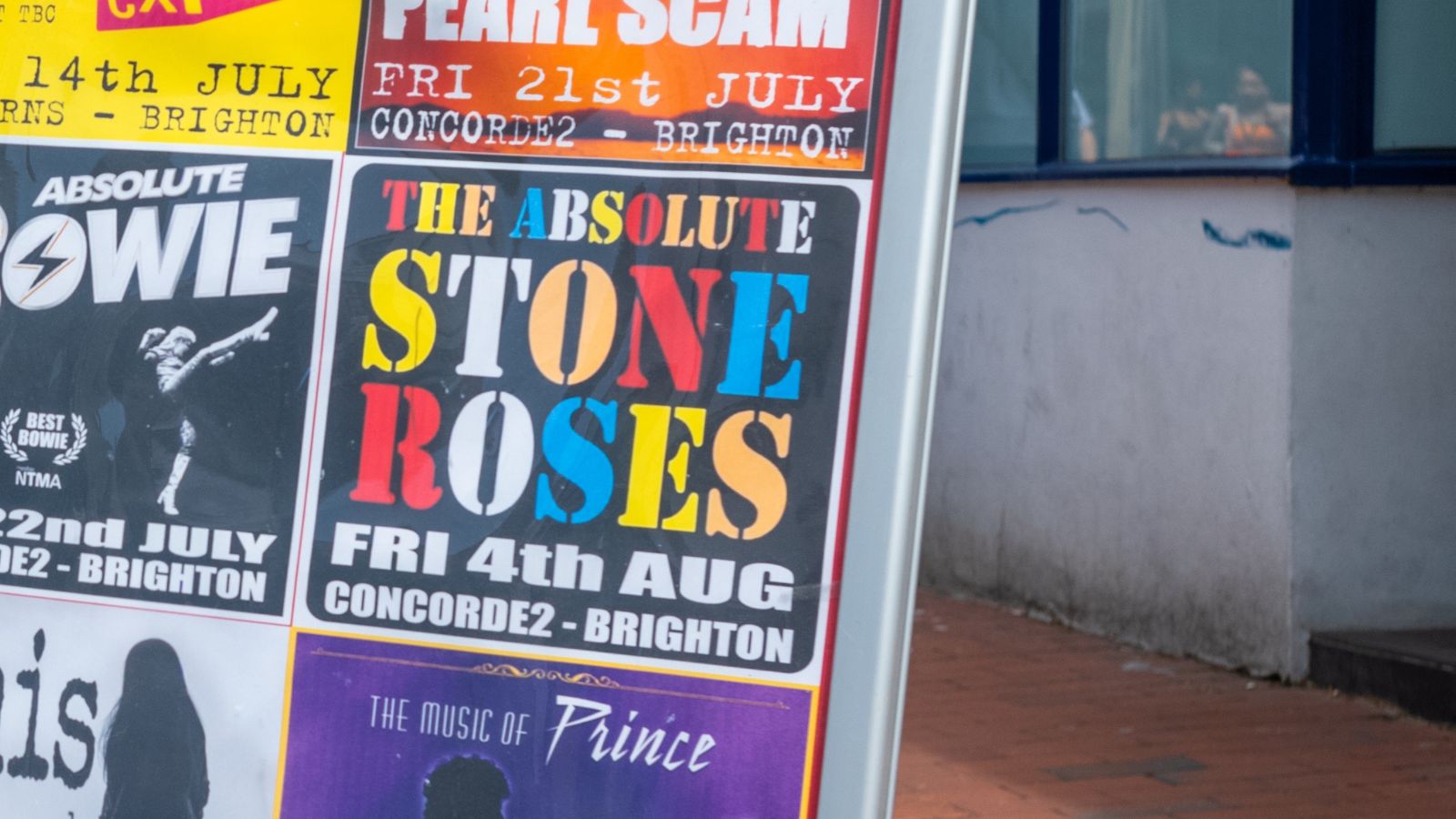
Among many others, The Stone Roses played a pivotal role in the Madchester movement, blending rock with dance music in the late 1980s. They were well known for their melodic hooks and psychedelic influences, with their self-titled debut album remaining a particularly seminal work.
The Jam

Combining punk rock energy with mod revival style, The Jam captured the spirit of working-class Britain perfectly in hand with The Police and The Clash. Led by Paul Weller, their sharp lyrics and tight sound produced hits like “Going Underground” and “Town Called Malice, ultimately becoming a voice for the youth of the UK.

